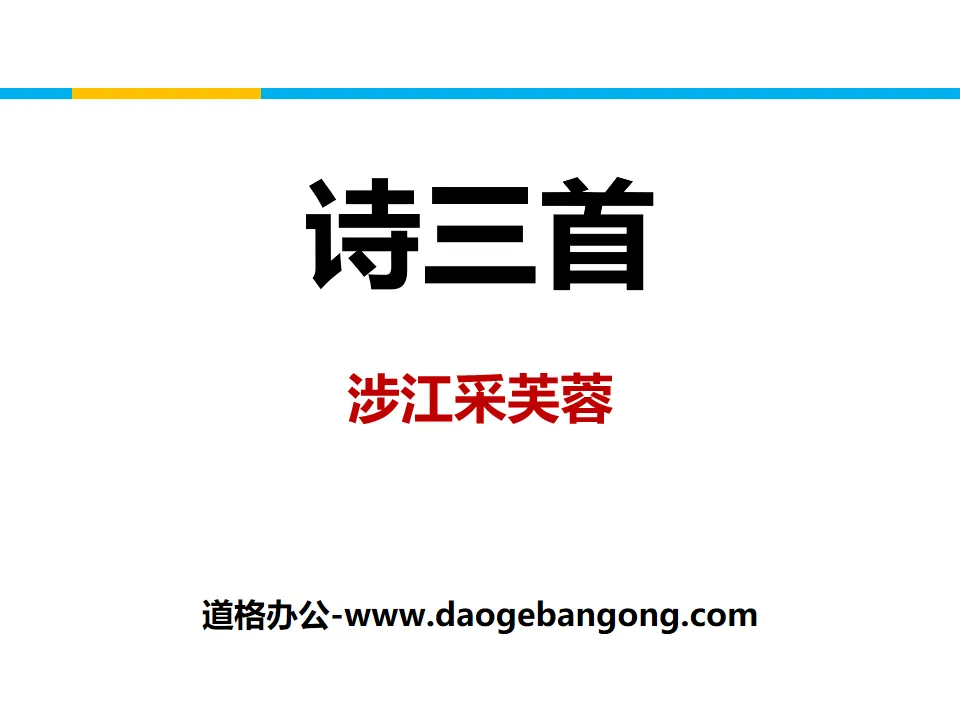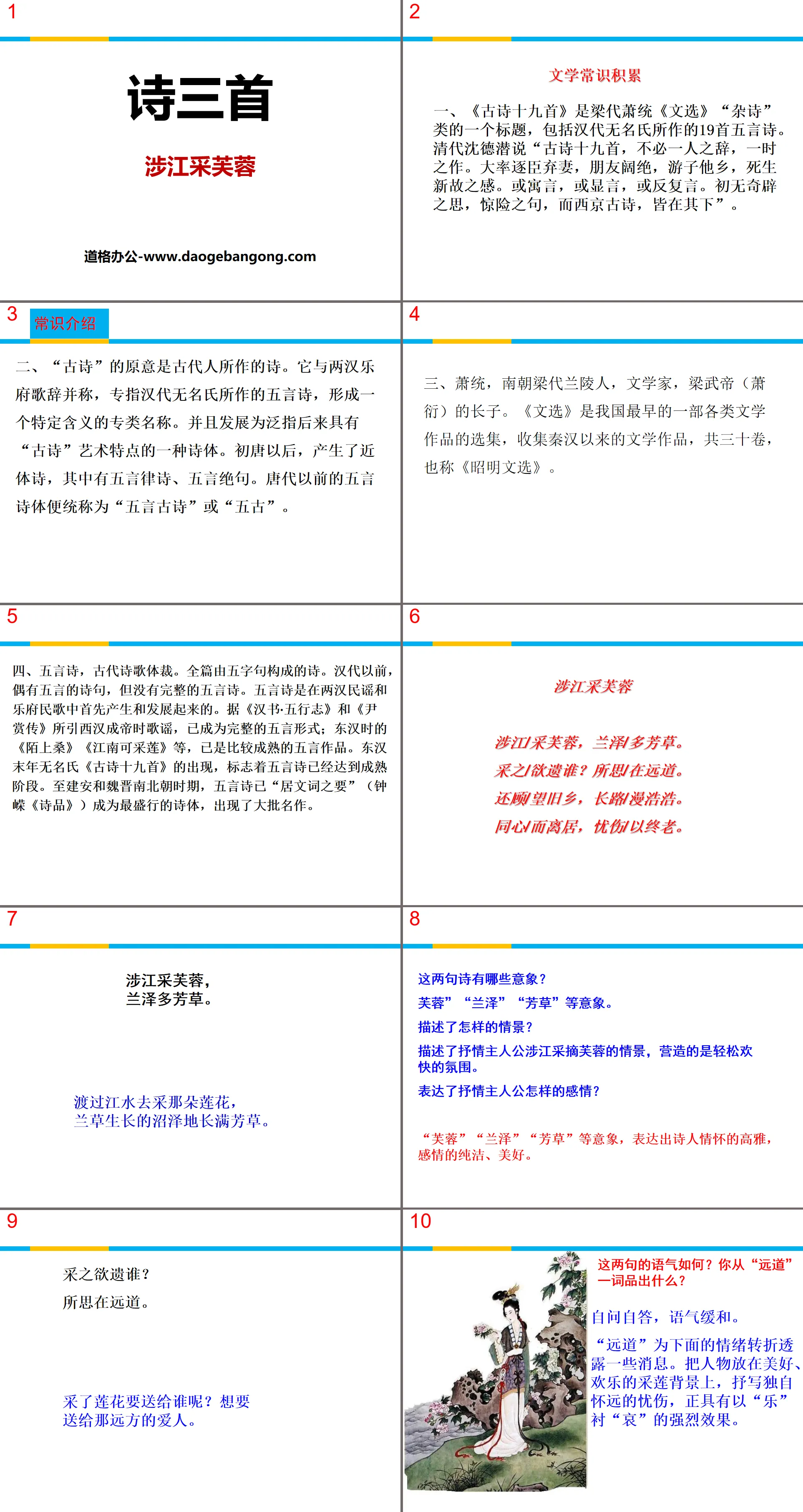The second volume of first-grade Chinese compiled by the People's Education Publishing House
The second volume of fifth-grade Chinese compiled by the People's Education Publishing House
The first volume of Chinese language for eighth grade compiled by the People's Education Publishing House
The first volume of first-grade Chinese compiled by the People's Education Publishing House
The first volume of ninth-grade Chinese compiled by the People's Education Publishing House
The first volume of fourth-grade Chinese compiled by the People's Education Publishing House
The first volume of Chinese language for sixth grade compiled by the People's Education Publishing House
The second volume of Chinese language for eighth grade compiled by the People's Education Publishing House
The first volume of Chinese language for fifth grade compiled by the People's Education Publishing House
The first volume of second-grade Chinese compiled by the People's Education Publishing House
Hunan Education Edition Third Grade Chinese Language Volume 1
The second volume of fourth-grade Chinese compiled by the People's Education Publishing House
The second volume of second-grade Chinese compiled by the People's Education Publishing House
The first volume of third-grade Chinese compiled by the People's Education Publishing House
The second volume of Chinese language for sixth grade compiled by the People's Education Publishing House
The second volume of seventh-grade Chinese compiled by the People's Education Publishing House

| Category | Format | Size |
|---|---|---|
| People's Education Press High School Chinese Compulsory Course 2 | pptx | 6 MB |
Description
"Three Poems" PPT
Part One Content: Accumulation of Literary Knowledge
1. "Nineteen Ancient Poems" is a title in the "Miscellaneous Poems" category of Xiao Tong's "Selected Works" of the Liang Dynasty, including 19 five-character poems written by Anonymous in the Han Dynasty. Shen Deqian of the Qing Dynasty said, "Nineteen ancient poems are not necessarily written by one person, but were composed at one time. They drove away ministers and abandoned their wives, had many friends, wandered in a foreign land, and felt a new connection between life and death. Some are allegories, some are explicit, some are repeated. At the beginning, there were no strange ideas or breathtaking sentences, but the ancient poems of Xijing were all below them."
2. The original meaning of "ancient poetry" is poetry written by ancient people. It is called together with the Yuefu Songs of the Han Dynasty, and refers specifically to the five-character poems written by unknown people in the Han Dynasty, forming a special category name with a specific meaning. And it developed to generally refer to a style of poetry that later had the artistic characteristics of "ancient poetry". After the early Tang Dynasty, modern poetry emerged, including five-character rhymed poems and five-character quatrains. The five-character poems before the Tang Dynasty are collectively called "five-character ancient poems" or "five ancient poems".
3. Xiao Tong, a writer from Lanling in the Liang Dynasty of the Southern Dynasties, and the eldest son of Emperor Wu of Liang (Xiao Yan). "Selected Works" is my country's earliest anthology of various literary works. It collects literary works since the Qin and Han Dynasties and has a total of thirty volumes. It is also called "Selected Works of Zhaoming".
4. Five-character poetry, an ancient poetry genre. The entire poem consists of five-character sentences. Before the Han Dynasty, there were occasional five-character poems, but there were no complete five-character poems. Five-character poetry was first produced and developed in the folk songs of the Han Dynasty and Yuefu folk songs. According to the "Hanshu Five Elements Chronicles" and "Yin Shang Zhuan", the ballads of the time of Emperor Cheng of the Western Han Dynasty have become a complete five-character form; the "Mo Shang Mulang" and "Jiangnan Can Pick Lotus" in the Eastern Han Dynasty are relatively mature. Five character works. The appearance of "Nineteen Ancient Poems" by Anonymous at the end of the Eastern Han Dynasty marks that five-character poetry has reached a mature stage. By the Jian'an period and the Wei, Jin, Southern and Northern Dynasties, five-character poetry had become the most popular poetry style, and a large number of famous works appeared.
Three poems PPT, the second part: analysis of poems
Picking hibiscus across the river
Shehejiang/picking hibiscus, Lanze/many fragrant grasses.
Who do you want to collect/leave behind? Thoughts/are far away.
Looking back at my old hometown, the long road is long.
They share the same heart/and are separated, and they end up sad/in their old age.
Crossing the river to pick hibiscus,
Lanze Duo Fangcao.
Cross the river to pick the lotus flower,
The swamps where bluegrass grows are covered with fragrant grasses.
What images are contained in these two lines of poetry?
Images such as hibiscus, orchid, and grass.
What situation is described?
It describes the scene of the lyrical protagonist wading into the river to pick hibiscus, creating a relaxed and cheerful atmosphere.
What feelings does the lyrical protagonist express?
Images such as "hibiscus", "lanze" and "grass" express the elegance of the poet's feelings, the purity and beauty of his emotions.
Who do you want to leave behind?
Thoughts are far away.
Who should I give the lotus flowers to? I want to give it to my lover far away.
What is the tone of these two sentences? What do you guess from the word "far away"?
Ask yourself questions and answer them in a gentle tone.
"Far Away" sheds some light on the emotional twist below. Putting the characters on the beautiful and joyful lotus-picking background to express the sadness of being alone and far away has a strong effect of lining up "sorrow" with "joy".
Three poems PPT, the third part: expression techniques
What expression techniques are used in this poem?
Borrowing scenery to express emotions, using line drawing techniques.
How to grasp the thoughts and feelings of ancient poems?
1. Directly appreciate the thoughts and feelings of poetry through reading aloud.
2. Capture images through analysis, and grasp thoughts and feelings through images.
3. Look for sentences in the poem that express emotions about the main theme of the article.
Three poems PPT, the fourth part: expanded exploration
Let's take a look at the poem "There Are Strange Trees in the Garden" from "Nineteen Ancient Poems" and talk about the similarities and differences in writing techniques between this poem and the text.
There are strange trees in the courtyard with lush green leaves.
Climb the bar and break the glory, leaving behind what you thought.
The fragrance fills the sleeves, but the road is far away.
This thing is not expensive, but the feeling lasts forever.
Difference: The external objects that the two poems place their trust in are different. "Plucking Hibiscus across the River" uses the fragrance of "hibiscus", "lanze" and "grass" and other beautiful and joyful scenes to set off the sadness with a happy scene; while "In the Courtyard" "There is a Strange Tree in the Middle" uses trees as its sustenance. In addition, the conclusion of "Wading the River to Collect Hibiscus" is sad, while "There Are Strange Trees in the Courtyard" is self-consoling.
Same: Both poems adopt the writing method of raising first and then suppressing. In the first six sentences, the poet highly praises the rare and beautiful flowers and trees (imagery), and the last two sentences highlight the theme of the whole poem. Both poems have a noble and quiet artistic conception; they are full of subtleties and have a long aftertaste.
Three poems PPT, the fifth part: assignments
1. Recite the text "Plucking Hibiscus across the River" and prepare to write it down.
2. Complete the relevant exercises in this lesson.
Keywords: Free download of PPT courseware for high school Chinese compulsory course II from People's Education Press, PPT download of three poems, PPT download of Picking Hibiscus in Shejiang River, .PPT format;
For more information about the PPT courseware "Three Poems: Crossing the River to Pick Hibiscus", please click on the "Three Poems: Plucking Hibiscus across the River" ppt tag.
"Three Poems by Du Fu" PPT teaching courseware:
"Three Poems of Du Fu" PPT teaching courseware Part 1: Eight Poems of Qiuxing (Part 1) 1. Teaching Objectives 1. Appreciate and taste the writing techniques that touch the scenery and blend the scenes. 2. Feel the poet's deep pain and sorrow. Understand that the poet feels sad about the times and worries about the country...
"Three Poems of Du Fu" PPT download:
"Three Poems by Du Fu" PPT Download Part One: Teaching Objectives: 1: Understand the rich connotation and exquisite language of poetry, recite the text, and accumulate classical Chinese words in the poems. 2: Appreciate the natural beauty in poetry, appreciate the artistic conception of poetry, and appreciate the charm of poetry. 3: Combine the poet...
"Three Poems by Du Fu" PPT:
"Three Poems of Du Fu" PPT Part One: Situation Introduction In 759 AD, in order to avoid the Anshi Rebellion, Du Fu brought his wife and children from Shaanxi to Sichuan and lived in Chengdu. He relied on the support of relatives and friends such as Yan Wu, the governor of Sichuan, to maintain his life. In April 765, Yan Wu died of illness, and Du Fu lost...
File Info
Update Time: 2024-11-23
This template belongs to Chinese courseware People's Education Press High School Chinese Compulsory Course 2 industry PPT template
"Three Poems" PPT Simple campus recruitment activity planning plan summary enterprise and institution recruitment publicity lecture PPT template is a general PPT template for business post competition provided by the manuscript PPT, simple campus recruitment activity planning plan summary enterprise and institution recruitment promotion Lecture PPT template, you can edit and modify the text and pictures in the source file by downloading the source file. If you want more exquisite business PPT templates, you can come to grid resource. Doug resource PPT, massive PPT template slide material download, we only make high-quality PPT templates!
Tips: If you open the template and feel that it is not suitable for all your needs, you can search for related content "Three Poems" PPT is enough.
How to use the Windows system template
Directly decompress the file and use it with office or wps
How to use the Mac system template
Directly decompress the file and use it Office or wps can be used
Related reading
For more detailed PPT-related tutorials and font tutorials, you can view: Click to see
How to create a high-quality technological sense PPT? 4 ways to share the bottom of the box
Notice
Do not download in WeChat, Zhihu, QQ, built-in browsers, please use mobile browsers to download! If you are a mobile phone user, please download it on your computer!
1. The manuscript PPT is only for study and reference, please delete it 24 hours after downloading.
2. If the resource involves your legitimate rights and interests, delete it immediately.
3. Contact information: service@daogebangong.com
"Three Poems" PPT, due to usage restrictions, it is only for personal study and reference use. For commercial use, please go to the relevant official website for authorization.
(Personal non-commercial use refers to the use of this font to complete the display of personal works, including but not limited to the design of personal papers, resumes, etc.)
Preview










